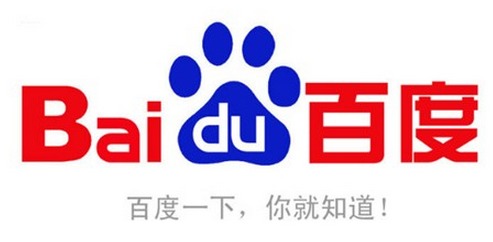 Baidu has been the dominant search engine in China. Unlike on Google the keywords with the highest costs per click, or CPC, are about industries such as finance, retail, travel, jobs, etc., the most expensive on Baidu are medical keywords.
Baidu has been the dominant search engine in China. Unlike on Google the keywords with the highest costs per click, or CPC, are about industries such as finance, retail, travel, jobs, etc., the most expensive on Baidu are medical keywords.
According to TOMsInsight, a Chinese research firm that has recently released a series of reports on China’s online black market, the advertisers behind the most expensive Baidu keywords are the same as those behind many television shopping programs which got popular in China in 1990′s.
A lot of products featured in those shopping programs are either fraudulent or useless. In 2006, Chinese authorities issued a regulation to forbid airing five categories of shopping programs on TV: medicine, medical equipment, cosmetic surgery, weight loss, increasing height and breast enlargement.
Then they moved to Baidu. 60,000 to 70,000 new advertiser accounts were opened one year after the issuance of the regulation, according to TOMsInsight (Baidu had 74,000 active advertisers as of Q1 2006 and 155,000 as of Q4 2007).
Either on TV or Baidu, the consumers of the five categories of products, called Five Black Categories, are old men or women in small cities who are ill-informed and consider TV programs or online services like Baidu as reliable information sources. It could be even harder for average consumers to recognize reliable links on Baidu where paid ads are mixed with organic search results.
The advertisers of the Five Black Categories would build a plenty of single page websites featuring their products and push up the keyword prices to a high level. Zhou Hongyi, CEO of Qihoo, once said that the medical keywords accounted for over 30% of Baidu’s total revenues. After launching their own search engine, Qihoo, in order to compete with Baidu, announced they’d not sell medical ads.
The ad placements on Baidu, albeit expensive, are too good that encouraged manipulators of search ranking and hackers. In 2012 there emerged seven big goods suppliers who had plenty of products that belong to the Five Black Categories. Many more people were working on single page websites in order to get high ranking on Baidu and lure consumers to buy products listed on their sites. Whenever purchases were made, the aforementioned suppliers would ship goods and share revenues with them.
There were over 200,000 advertiser accounts operating the single page sites around 2012 (about half of Baidu’s total active customers, 406,000, as of the end of 2012) that contributed more than RMB 20 billion per year to Baidu (9% of the company’s total revenues in 2012), according to TOMsInsight.
Some hackers took an easier way: stealing the orders from those single page sites or even goods suppliers. They’d sell orders to other goods suppliers or they were actually hired by those suppliers.
There were wars for orders. DDOS attacks are used, for a website will be removed from Baidu ad system when it gets unaccessible.
But big players on the market would come to realise that they should unite against Baidu who had made a fortune off them. In 2013 they established a union agreeing to offer low prices for those high-cost keywords of the Five Black Categories. TOMsInsight believes it greatly affected Baidu’s revenue that its shares further declined in 2013 and reached the lowest point that year since 2011.
But the mobile Internet is another world that the single page sites cannot work. It is estimated the participants on PC will play the game again on mobile that may boost Baidu’s revenues for another time. Baidu stock is reaching a new high that is US$216 as of this writing.
Source : China’s Online Black Market — Part II: Paid Search Ads on Baidu






Leave a Comment